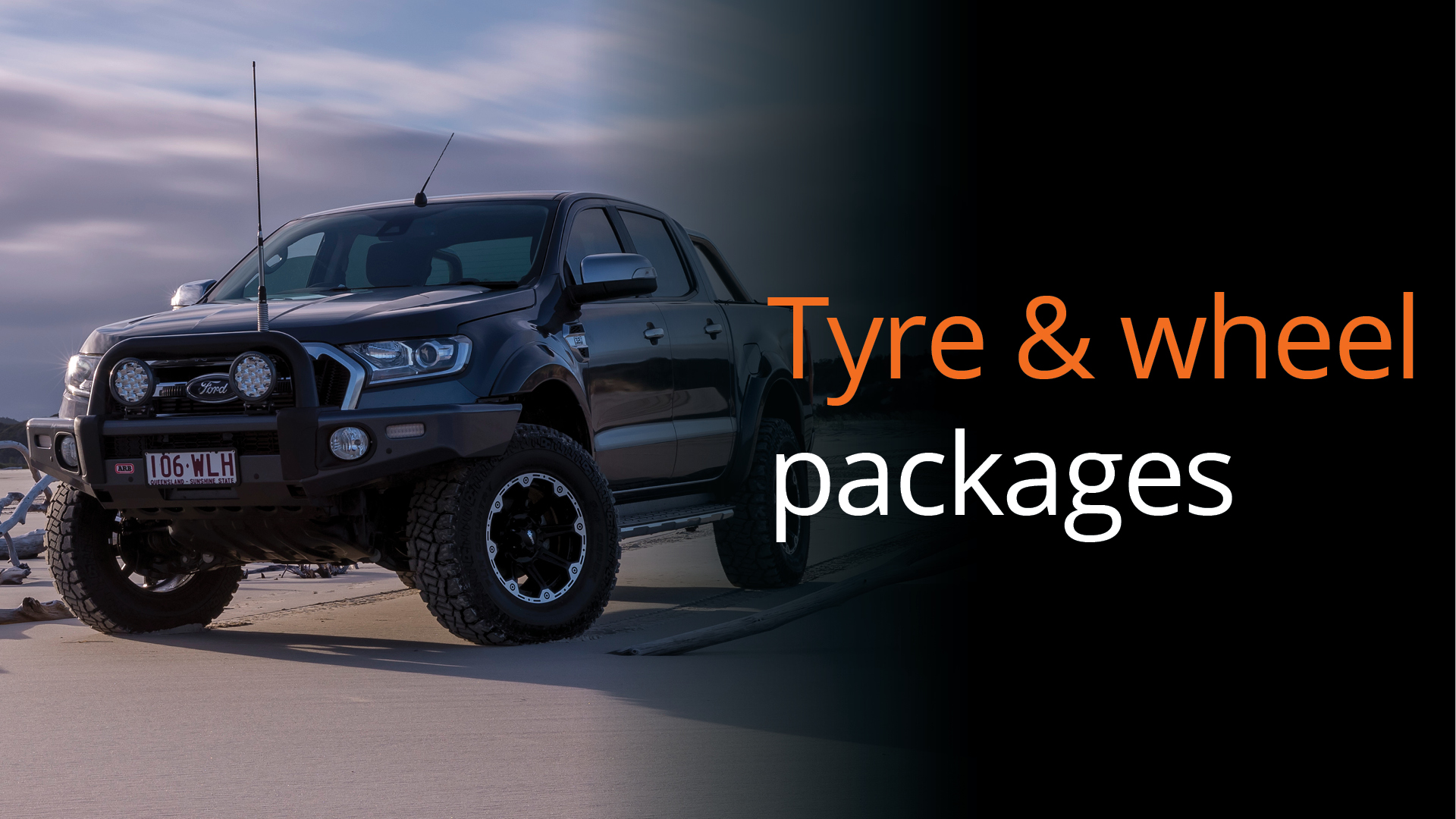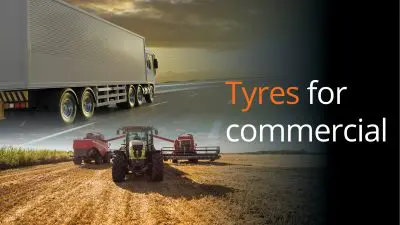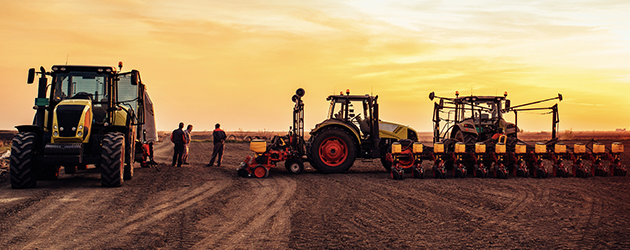While tractors predominantly spend their time trundling around the many farms of Australia, tractors have a very wide range of applications beyond farming. As such, a reasonably large range of tractor tyres are available, and given their price point, they can be difficult to buy if you’re not entirely sure what you need.
Unlike some passenger car or off-roading tyres, tractor tyres are designed with very specific uses in mind, so it’s important to choose the tyre type that matches with your intended use. To help, we’ve detailed some of the most common tyre types below, and who would buy them.
R1 – For farming
If you’re buying tractor tyres with the intention of using them on your farm or for field work, you should start your search with R1 agricultural tyres. Offering the highest traction, they are ideal for use on muddy or soft terrain. The tread on these tyres is pronounced, working more like a paddle than a tyre in boggy conditions.
R1 tyres come in a range of sub-categories, such as IF (Increased Flexion) and VF (Very High Flexion). While these tyres are generally more expensive, they are actually more fuel-efficient, and their ability to run on low tyre pressures means they are great at protecting foliage as you trundle across it.
You can also find R1-W tyres which are designed for deep mud & clay, or R1-HA tyres, which are designed for row-cropping. These tyres tend to be more specialist in nature and aren’t suitable for most of Australia’s farmlands.
R2 – For very wet farming
If getting out of your tractor while you’re using it would require you to be able to swim, R2 tyres are for you. These very niche tyres are designed for tractors that spend a lot of time in the water, usually meaning they are only relevant to rice or cane plantations. If that’s not you, you’ll never really have a reason to buy them.
R3 – For grass & lawn
R3 tyres are most suitable for grass & lawn environments. They are designed to allow for grip and manoeuvrability without damaging the surface below.
With the smoothest tread, they don’t perform well in wet or muddy conditions, so these are best in areas where the quality of the lawn surface matters (i.e. Golf Courses) or in predominantly dry conditions.
R4 – For industrial & construction
These wide, durable tyres are designed for use predominantly on hard surfaces such as concrete or gravel. They lie about halfway between R1 & R3 tyres. While offering more grip than R3 turf tyres, they don’t protect the surface as much. On the other hand, they are better at preserving the surface underneath than R1 tyres, but at the expense of grip.
They are generally seen as all-rounders and are better for carrying heavy loads over hard ground. If you regularly transport heavy equipment across hard surfaces (i.e. towing equipment over country roads), industrial tyres are a good place to start, although they aren’t really suitable for then towing that equipment around a muddy field.
Their stronger compound and structure make them more suitable for construction sites and large industrial areas than farmland.
HF Series – For commercial field & forest
With HF standing for High Flotation, these tyres are designed to allow tractors to sit on top of many types of surfaces instead of getting dug in. These tyres are ideal for areas where soil compaction is a concern, but the grip is still essential.
F Series – For classic tractors
If your tractor still needs a crank handle to start, you’ve probably got F Series tyres already. Suited for 2-wheel drive tractors of the past, most people wouldn’t have a use for these any more.
The tractor tyre experts
If you’re looking to get a new set of tractor tyres but you’d like some guidance on what you need, get in touch with Tyreright, the agricultural tyre experts.








